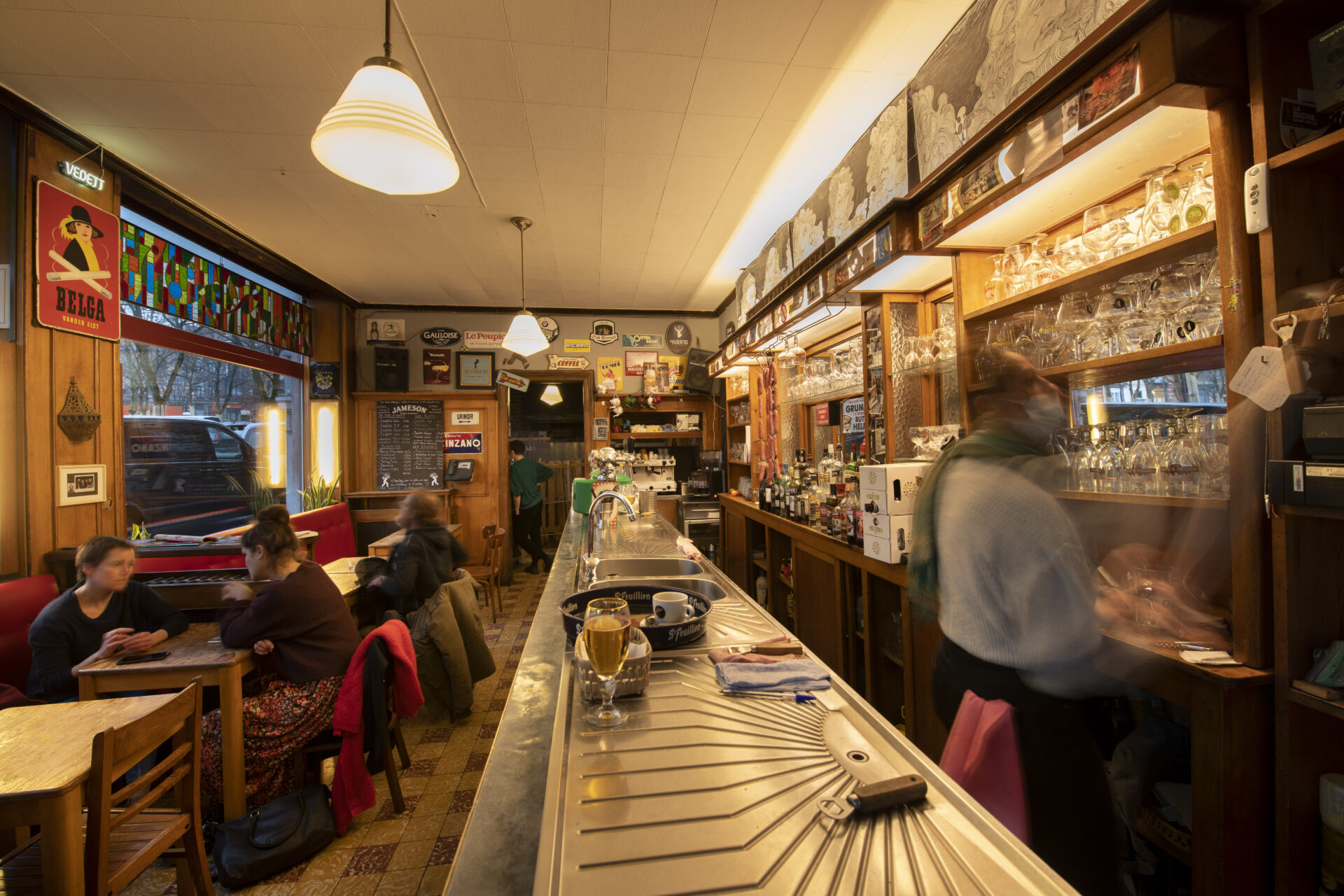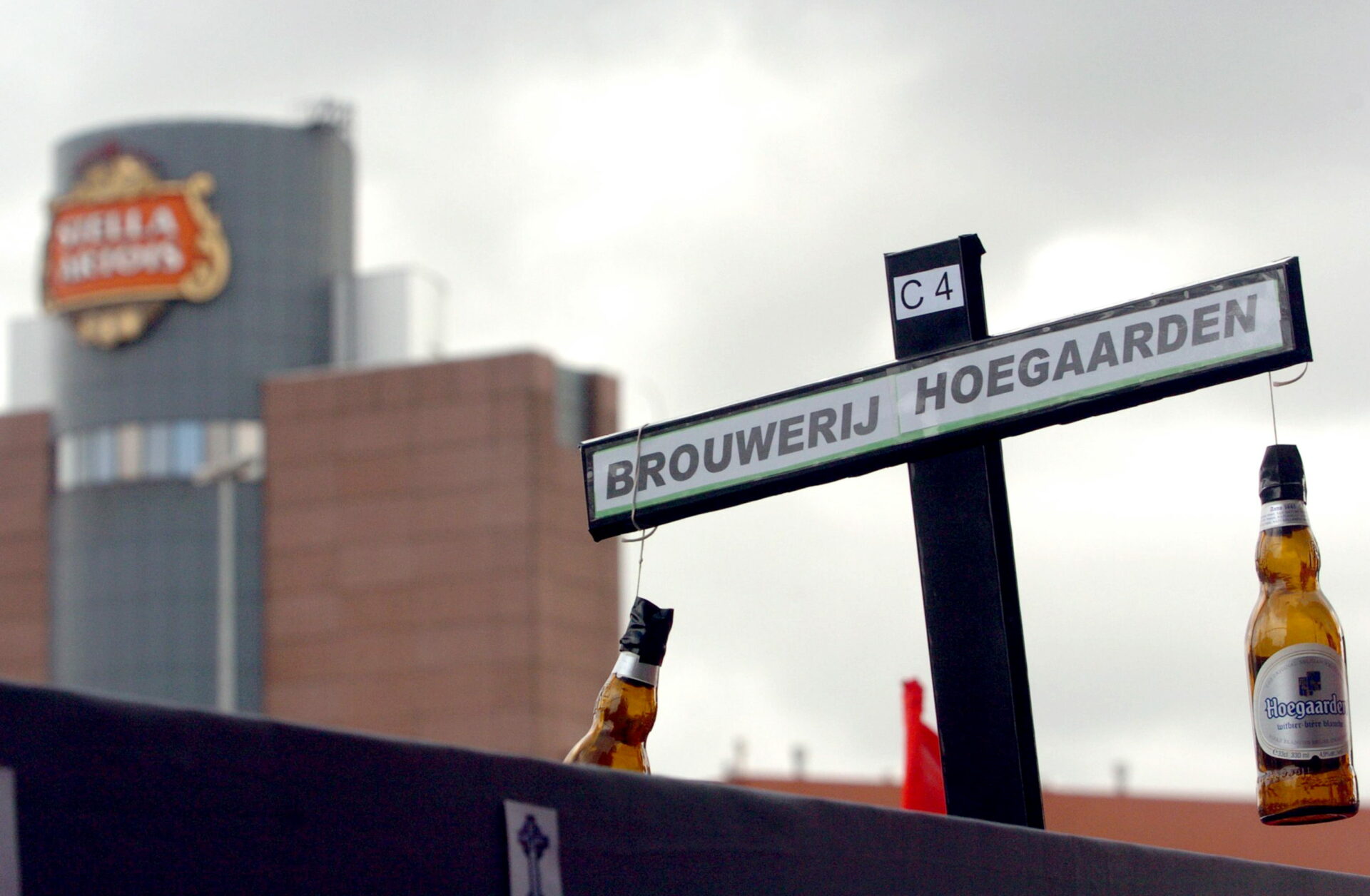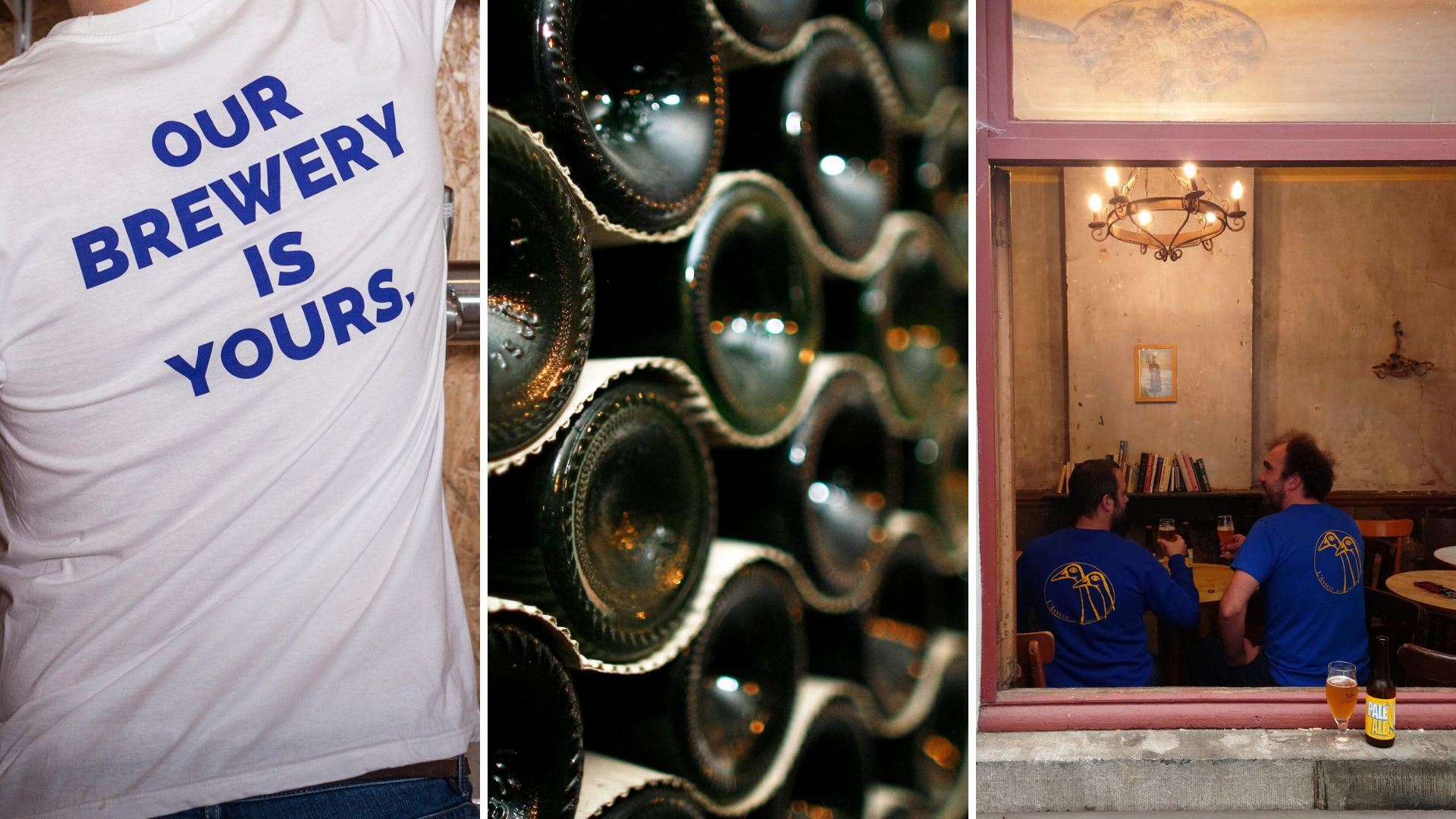War, rising production costs and a saturated market have led to 13 Belgian breweries closing down in 2023. Have the 20 or so microbreweries in Brussels felt the effects, and what state does the sector find itself in?
At the end of 2023, there were 417 breweries in Belgium compared to 434 the year before – still significantly higher than the country's 130 breweries 15 years previously. However, it marks the first decline the industry has seen in a while.
The dip is down to untenably high production costs. The war in Ukraine, inflation, energy costs and wage indexation have made it extremely difficult for small breweries to survive, especially those that began as a passion project.
"A brewery is a business," Arthur Ries, owner of Saint Gilles-based microbrewery Beerstorming, told The Brussels Times. "While most brewers are passionate about what they do, not all of them are entrepreneurial. And it's a competitive market."
Financial challenges can often start before a product even enters the market, according to Maxim Lagrillière, co-founder of microbrewery L'Annexe. An environmental permit is necessary before a loan can be granted, and all production must be paid for in advance. Even afterwards, small-scale brewing that produces large volumes of beer yields minuscule profits.
"The owner is the last to get paid, and it sometimes takes weeks to get that money together," says Lagrillière.
State of play in Brussels
There are about 20 microbreweries based in Brussels. Both Beerstorming and L'Annexe were among the first to pop up, in 2016 and 2017 respectively. Although the growing trendiness of craft beer has landed some in the industry, passion trumps profit for the majority of small-scale brewers, and aspirations remain local.
"I want to be a brewer, not a business owner," Lagrillière continued. "We don't want to become too big."
L'Annexe is a classic tale of passion-project-turned-business. Its founders are schoolfriends who ran marathons and brewed beer together before deciding to make a living out of it: Lagrillière previously had a career in astrophysics while his colleague Grégoire Berthon worked in fashion.

Bars in Saint Gilles often sell local beers that were brewed just a stone's throw away. Credit: Belga / Christophe Ketels
Keeping it local is pragmatic too. Beerstorming has customers all over Belgium but prefers to supply locally as it allows for more cost-friendly logistics and stronger connections with distributors.
Microbreweries in Brussels are keenly aware of the industrial challenges that make it difficult to sustain small-scale operations. There is a sense that the number of breweries in the capital has peaked. "The market is full now," says Ries. "The 20 breweries in Brussels need to be different to each other. We need to work together."
Big business
Other voices in the industry have denounced the impact of big business on local breweries.
The Belgian company AB InBev is the largest brewer in the world and produces well-known beers such as Stella Artois, Corona, Leffe and Budweiser. Its employees have organised numerous strikes to protest against the company's "radical disinvestment from local historical brands" as well as axed jobs and wage cuts.
Jan Forier, secretary of trade union FGBT, expressed grave concern at the closure. He says AB InBev doesn't just create economic problems for its staff, it threatens the very tradition of brewing beer.
"Local brewing is a Belgian tradition, passed down from father to son," he told The Brussels Times. "AB InBev is constantly growing and has bought out local beers. Now that the market is shrinking I am concerned that they will close a lot of these smaller breweries."
In 2005, AB InBev attempted to close the Hoegaarden Brewery located in the Flemish Brabant, just outside of Brussels.

A protest cross representing the future of Hoegaarden brewery is pictured while workers of InBev demonstrate, Tuesday 28 March 2006, in Leuven, to protest against planned jobs losses despite the benefits of the brewery. Credit: Belga
The plan to move production elsewhere sparked protests from locals, who were concerned about the socio-economic impact as well as the loss of a local craft. The move never took place as a result. Forier views the incident as an example of successful employee intervention.
While eagle-eyed multinationals will always be determined to buy out any successful insurgents on the Brussels beer scene, microbreweries are, for now, in a world of their own.
Although they supply the same product as big brands like AB InBev, they barely register on the latter's radar due to their limited operations.
"We are like a speck on their windshield," says Lagrillière. "Co-existence is feasible," believes Ries. "I am concerned about the cultural and local impact of big business, but small breweries have gained market shares - it’s going pretty well."

